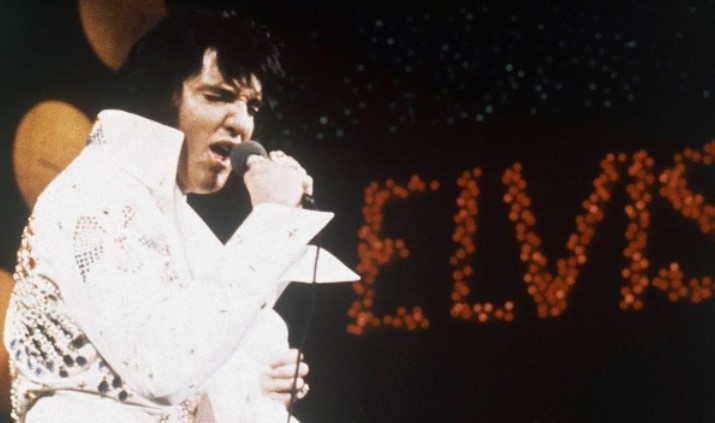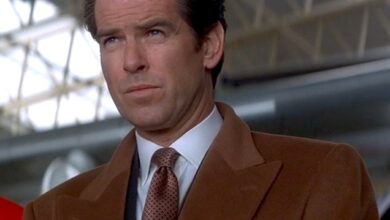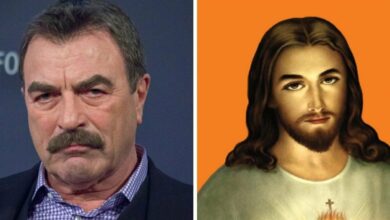TAX MONEY HAS LEFT THE BUILDING IN GRIZZLIES-ELVIS ENTERPRISES DISPUTE

Memphis is large enough for the Grizzlies and Graceland to coexist, but the two have been at odds over a possible arena that could rival the NBA team’s FedExForum home.
A recent ruling by Tennessee’s Court of Appeals means that Graceland’s owner, Elvis Presley Enterprises (EPE), will be unable to draw from public funding should it pursue what has been described as a “$40 million to $50 million, 6,200-seat facility with a half-arena format and light and sound technology to host concerts, graduations and basketball tournaments.”
In 2001, the Grizzlies relocated from Vancouver to Memphis. The transaction involved the city, Shelby County and NBA franchise signing a contract for the construction of a city-owned arena that would become the FedExForum. The arena seats more than 18,100 for basketball games, more than 16,100 for hockey games and around 19,000 for concerts. The contract contained a non-competition covenant. The covenant expressed that neither the city nor the county could “provide economic or tax benefits or incentives to, or materially participate in the design, development, construction or financing of any new competing facility” without the team’s blessing.
The contract defined a “competing facility” as an “indoor or covered sports or entertainment arena, indoor or covered performance facility or other indoor or covered facility that (i) could compete with the arena for the booking of any event, or (ii) has or will have a seating capacity of more than 5,000 persons and fewer than 50,000 persons.” This definition expressly excluded “any hotel ballrooms, movie theaters or convention and hotel facilities that are not designed or constructed to be able to accommodate or be used as venues for concerts, theatrical shows, public assemblies or sporting events.”
Five years ago, EPE revealed its arena plans, which would be publicly funded using tax increment financing. As recounted in a March 23 order from Judge Carma Dennis McGee of the Court of Appeals, the Grizzlies objected. EPE then sued the team, city and county, asking for a judicial declaration that the Grizzlies’ contract wouldn’t prohibit the public funding aspects of EPE’s project.
As EPE saw it, its project didn’t run afoul of the non-compete. But the Grizzlies argued that EPE was neither a party to its contract nor a third-party beneficiary—that is, an entity that isn’t part of a contract but nonetheless has a protected and enforceable legal interest in the contract being performed. In the recently settled litigation brought by the City of St. Louis against the NFL over the Rams departure, a local court recognized the city as a third-party beneficiary of the league’s relocation policy.
EPE’s case was dismissed, but EPE sued again, insisting that its legal rights were at stake. After several legal maneuvers, including a proceeding before the Tennessee Supreme Court, the Court of Appeals was tasked with determining if EPE’s case should be tossed for lack of standing.
In evaluating standing, the key question is whether the plaintiff has a sufficient stake in the outcome of a dispute. For several reasons, the Court of Appeals concluded EPE lacks standing.
The fact that EPE claims to be “affected” by the arena contract, Judge McGee noted, is not enough to bring the lawsuit. EPE must also show a nexus to the contract itself. Here, McGee emphasized that EPE’s complaint “never asserted that it was a third-party beneficiary of the contract.” Even though EPE made that argument in response to the defendants’ motion to dismiss, it was too late. The appeals court’s review centers on “the sufficiency of the allegations in the complaint.” Further, she noted, EPE “did not identify any contractual language that would support” its claim.
While EPE has come up short in the litigation, it’s not barred from pursuing the project or other entertainment venues. In its current form, however, public funding wouldn’t be a part of it.
Public funding for sports and entertainment venues has been in the news of late. Earlier this week, New York state and Erie County pledged to contribute at least $850 million toward a proposed $1.4 billion stadium project for the Buffalo Bills, and the Superdome, site of this weekend’s NCAA men’s Final Four, is receiving $27 million in pandemic recovery funds for a new roof and luxury suites.





